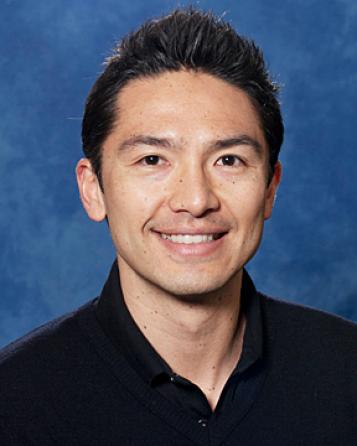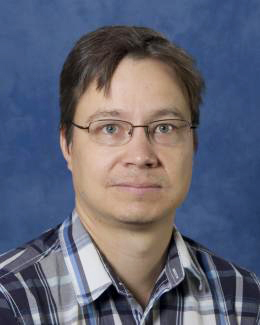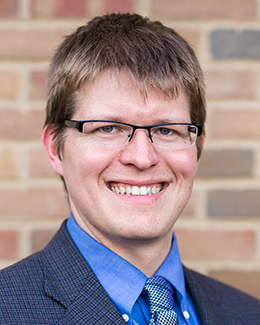Professors Daniel Apai and Dante Lauretta were elected Fellows of the American Association for the Advancement of Science, the world’s largest general scientific society.
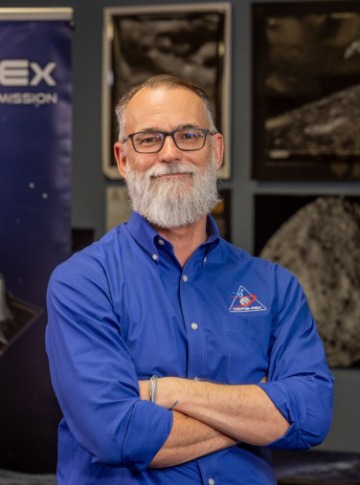 Dante Lauretta is a Regents Professor of Planetary Sciences at LPL. He has been recognized as a AAAS Fellow for “distinguished contributions to the field of astrobiology, particularly for leadership and advancements through the OSIRIS-REx mission.” Professor Lauretta is the director of the University of Arizona’s Arizona Astrobiology Center, which focuses on astrobiological research on the origins, evolution and distribution of life in the universe.
Dante Lauretta is a Regents Professor of Planetary Sciences at LPL. He has been recognized as a AAAS Fellow for “distinguished contributions to the field of astrobiology, particularly for leadership and advancements through the OSIRIS-REx mission.” Professor Lauretta is the director of the University of Arizona’s Arizona Astrobiology Center, which focuses on astrobiological research on the origins, evolution and distribution of life in the universe.
Daniel Apai is a professor in both LPL and the Department of Astronomy and Steward Observatory. He is being honored for his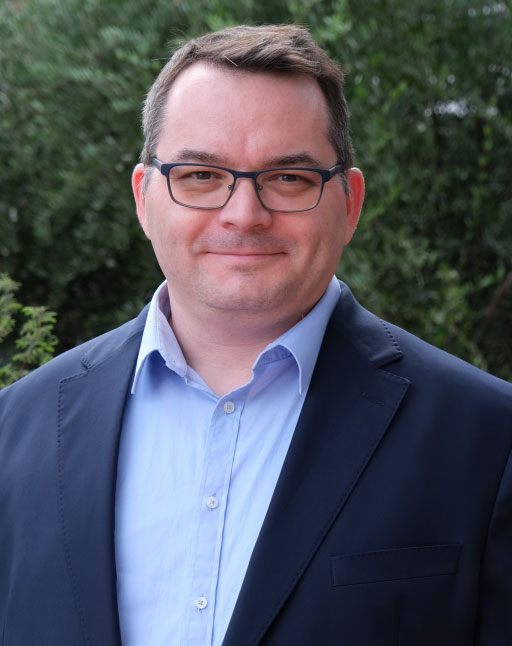 “distinguished contributions to the field of astrobiology and astrophysics, particularly for advancements in understanding of habitable exoplanets and planetary systems.” He is the principal investigator for the NASA-funded Alien Earths project that explores the potential of nearby planetary systems for supporting life. Apai also leads the Nautilus Space Telescope project, whose objective is to characterize 1,000 potentially Earth-like exoplanets to search for signatures of life.
“distinguished contributions to the field of astrobiology and astrophysics, particularly for advancements in understanding of habitable exoplanets and planetary systems.” He is the principal investigator for the NASA-funded Alien Earths project that explores the potential of nearby planetary systems for supporting life. Apai also leads the Nautilus Space Telescope project, whose objective is to characterize 1,000 potentially Earth-like exoplanets to search for signatures of life.
The annual Fellows Forum will be held in Washington, D.C., on Sept. 21 in conjunction with the 150th anniversary celebration of the AAAS Fellows program.


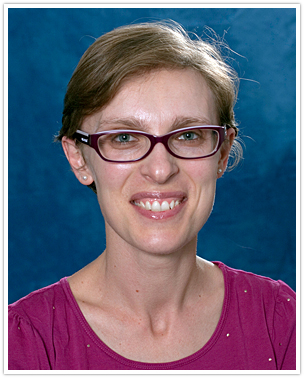
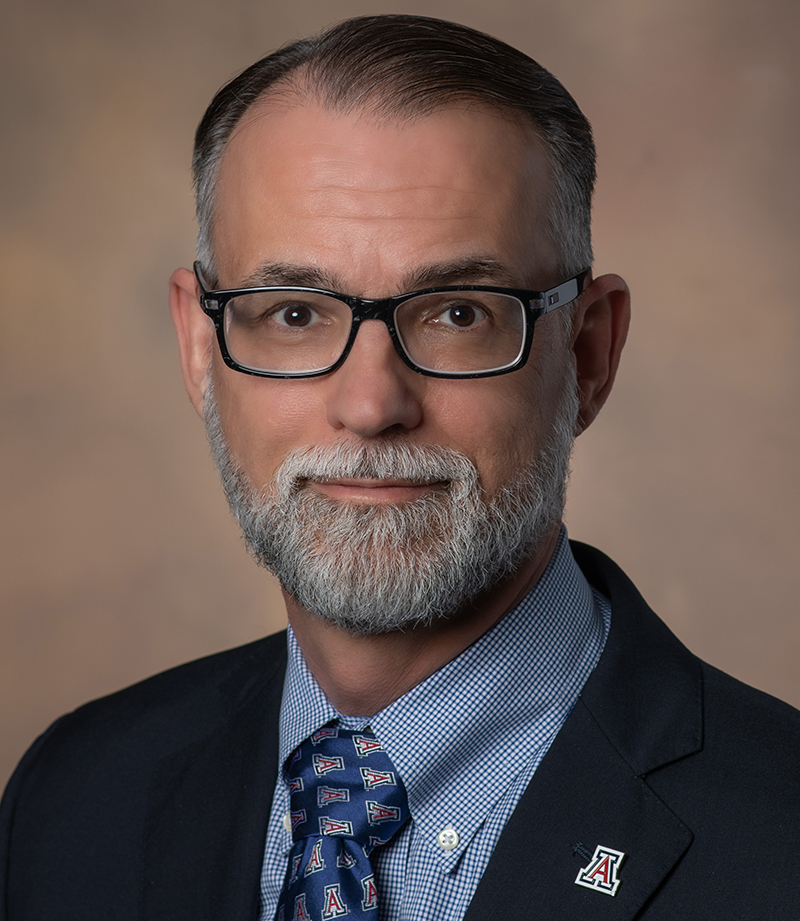
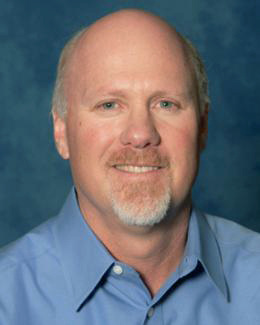
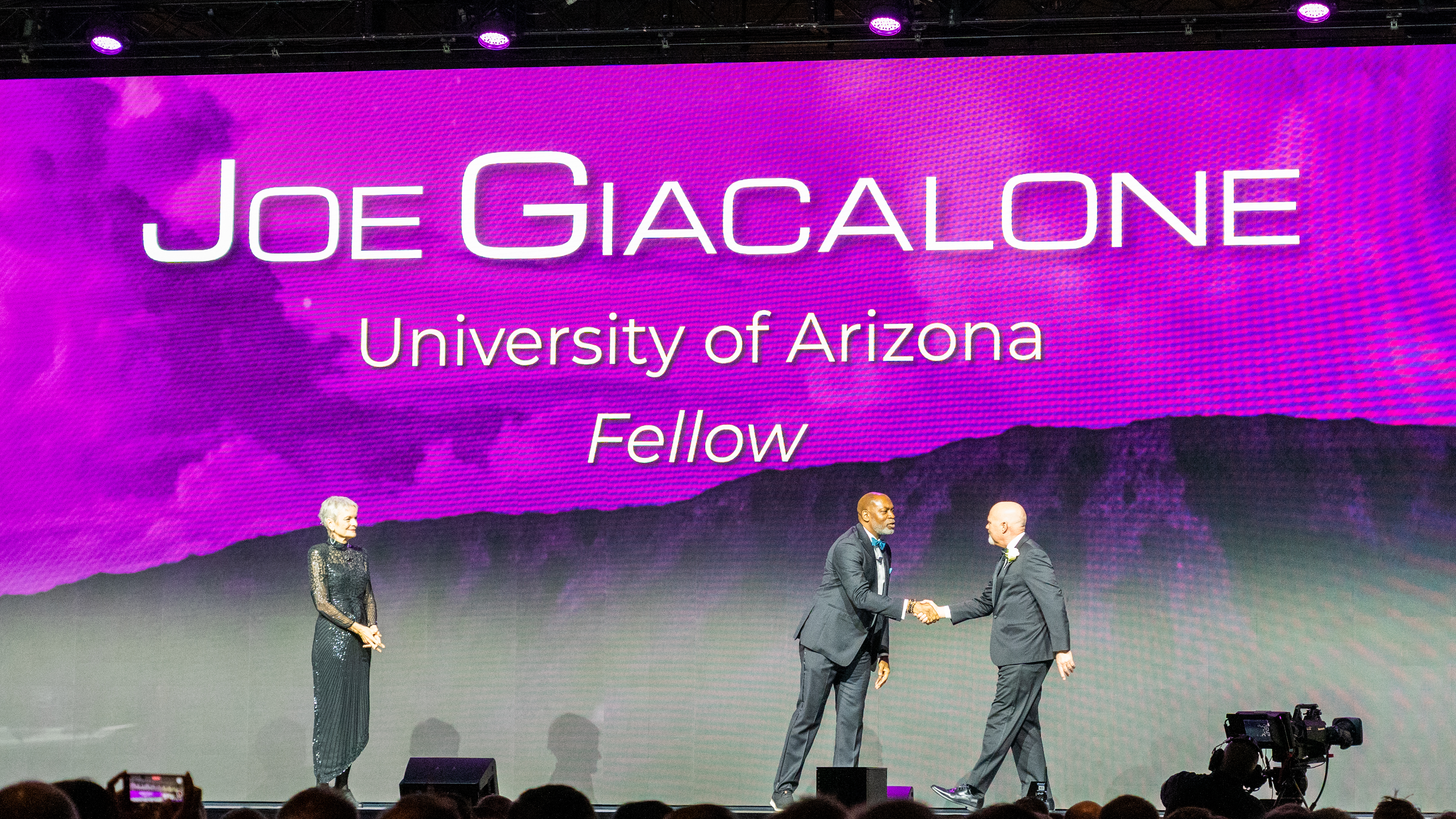
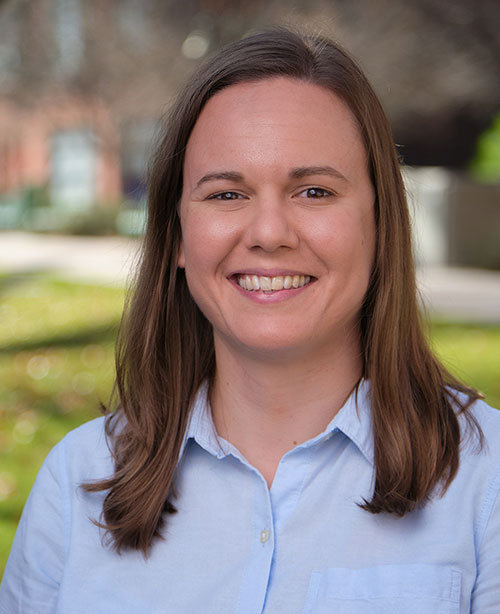 Assistant Professor
Assistant Professor 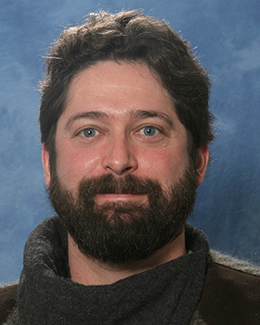
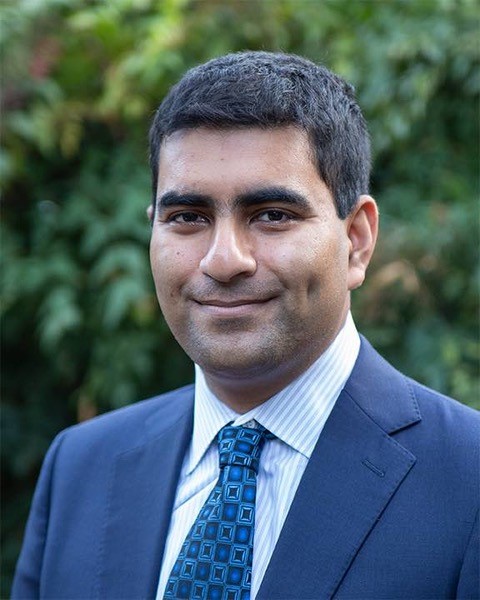
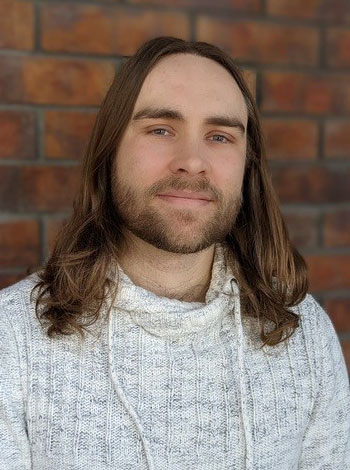
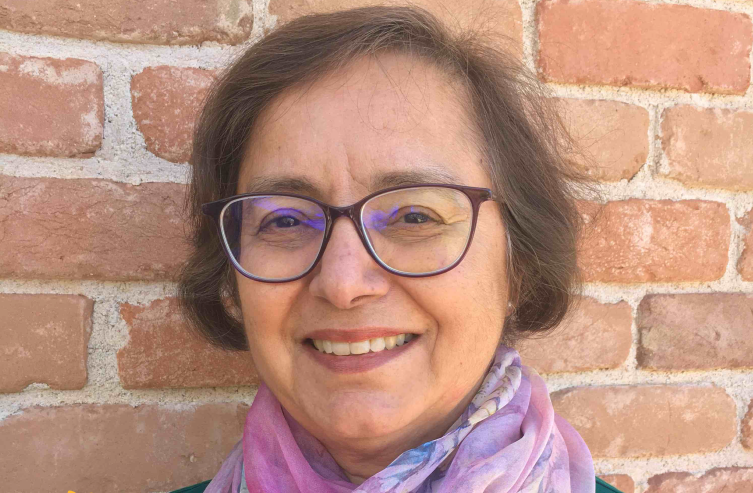 In April, the UArizona College of Science celebrated Asian Pacific Islander Desi American (APIDA) Heritage Month with
In April, the UArizona College of Science celebrated Asian Pacific Islander Desi American (APIDA) Heritage Month with 